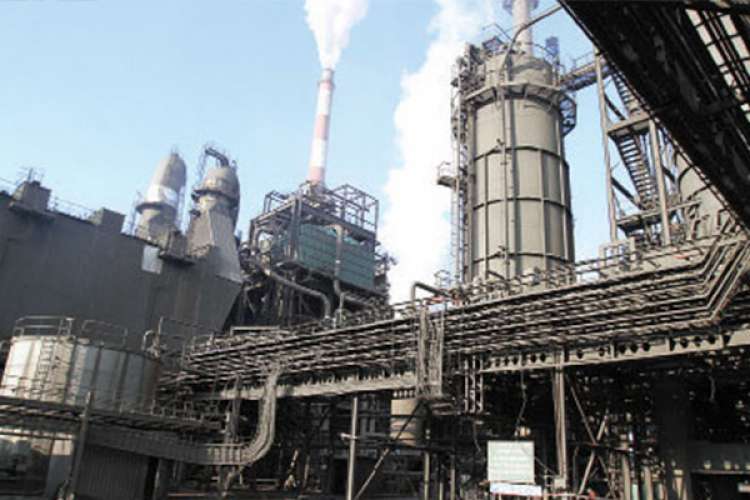Copper producers’ future uncertain
The overnight crash of copper markets might pose a threat to copper mining companies. Economic experts fear that the metal that used to be the ultimate cash cow for thieves might be greatly affected by the slowdown and new growth strategies for emerging markets especially China.
Recently copper market crashed to its lowest level since the 2008 financial crisis. According to Investment Mine, copper price charts since February 9 to date copper prices have remained stagnant at $2.57/LB, January prices fell from $2.80/LB to around $2.50/LB. The prices fell from the $3.0/LB recorded in the six month period from August 2014. According to Sizwe Nxedlana, First National Bank (FNB) chief economist, the slowdown in China’s economy had a significant influence in the fluctuation of commodity prices. China, with an economy that has grown relentlessly in recent years, is the world’s largest user of copper, eating up to 40 percent of supply. Like oil, copper has a deep effect on the world economy because it is key for phone lines, cables and other infrastructure development.
“There is indication of weakening of emerging markets especially the Chinese. Due to that the copper prices are bound to weaken even further as China is involved in a massive increase in credit expansion which has led to a significant increase in private sector debt.” He pointed that due to the fact that China will be looking at reigning in credit extensions to curb the debt, it therefore means that their economy will not only grow slowly but will also continue to be slower. “This will result in reduced demand for base metals and industry metals like copper.”
The other important factor is that Chinese authorities are trying to diversify the country’s economy away from being investment and expansion based to be more consumption and services led. There is therefore argument that the implication will slow down China’s economic growth as well as reduce consumption of base metals as they will not be building factories but will be subsidising healthcare and building pension industries and promoting expenditure of people’s salaries.
Although reluctant to comment on the domestic operations of the copper mines, Nxedlana pointed out that the market is a reflection of weak global economic growth. The World Bank downgraded its global growth forecast from 3.4 percent to 3 percent for the year 2015. According to Bank of Botswana report on Botswana Financial Statistics released in December 2014, copper nickel exports value for the first quarter fell from P1.1 billion recorded in 2013 to P897 million during the same period in 2014. The second quarter in 2014 indicated growth from the first quarter at P1, 1 billion, however compared to the same period the prior year the value was lower than the P1, 3 billion recorded.






